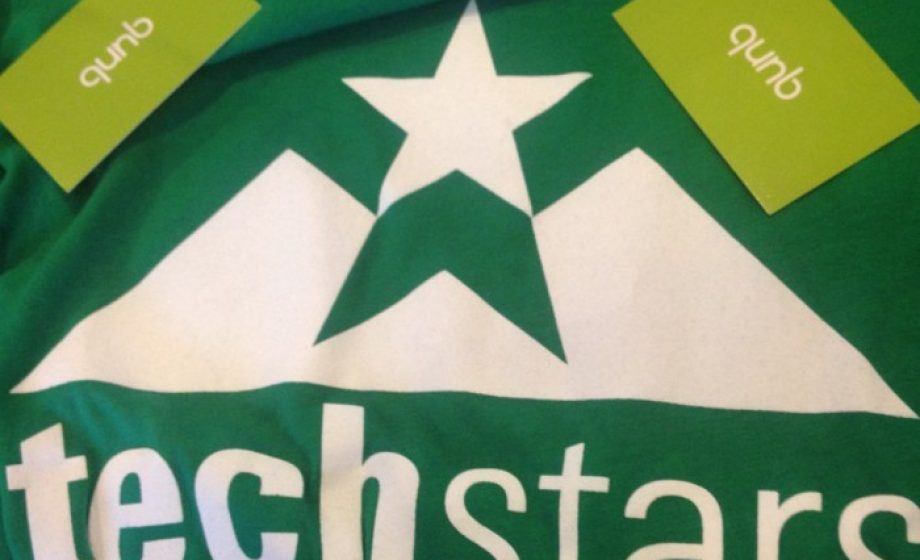
The following is a guest post by Cyrille Vincey, co-founder of Qunb, a platform that helps anyone turn their data into visual stories. You can follow him on Twitter at @cyrvin.
The very day after qunb won LeWeb’12 Paris Startup Competition, I was pressing the team to figure out how to turn this award into a tangible asset, when I was interrupted by a phone call. “Hi, TechStars calling, we’ve had a look at your application, we should meet”.
That was it, that was the tangible asset I was looking for. So we did everything we could to pass all the steps of the exhausting TechStars selection process, and February 25th we jumped into the most intense period of our lives, like attending a French prep school.
The program is now over, and it’s been redefining for qunb. We did a complete pivot, based on the insanely valuable insights, mentors and connexions we got from this amazing Bostonian ecosystem we are now part of. We’ve learnt so much, now it’s time to share a few things.
A startup idea is NOT a strategy. It’s just an idea.
Early-stage teams, stop coding right now! For a few days, you should only allow your team and yourself to put sticky notes on a wall. You need to turn your idea into a strategy. To clarify the value chain of your targeted market. To specifically define your customer, your value proposition, your go-to-market. To dissect your business model assumptions and kill all your unproven beliefs.
We stepped back for the first time ever during the first week of TechStars. After a few hours of strategy workshops, we were puzzled: the big data broadcasting platform we had been working on for months, on which we had customers and hot prospects, was a dead end strategically speaking. We were building a service company, even on the long term. I’ve had better times, believe me. I wish I had gone through this 18 months ago.
Enterprise Software is dead. All hail the raise of Employee Software!
Selling software to companies through purchasing processes will soon be history. Almost any new business app that’s now launched in the US is addressing the employee in the company, not the company itself.
This shift began with productivity apps, and now extends to almost every domain, like CRM, accounting, analytics, … So be it: qunb now targets “prosumers” (professional consumers) and helps them to instantly turn their most valuable data into visual stories.
Casting mentors is as important as casting co-founders.
As a founder, you are the least qualified person to assess whether you are on the good track or not. You need smart people asking simple questions every now and then about your customer, his pain in the ass, and getting you out of your product.
Entrepreneurs as mentors are over-rated. Look for industry experts, or marketing professionals. Go find those mentors in large corporations if necessary. Among the 80 mentors we have met in 3 weeks at TechStars, we’ve finally selected improbable mentors we would probably never have thought of before.
A tech startup is only about marketing. Not tech.
Like most entrepreneurs I know, I’ve spent 90% of our effort on product development and only 10% on its distribution. That should be the exact opposite balance. The only thing that matters is not what you are building, but whom you are building it for, and how you will reach this guy out.
This is why we are now releasing simple boxed products. Connect your Google Analytics and get a visual story of your web traffic (try it out, it’s cool). Connect your SalesForce account and get a simple story of your sales pipeline. We activate users via those simple out-of-the-box products.
Don’t pitch “what”, always pitch “why”.
Except your peers, nobody gives a shit about what our product is really doing, and how you are doing it. Real people in the real world want to listen to the story of why you launched this business, how it resonates with your personal story, and why they should care.
And this, my dear French fellows, is one of the hardest thing to do. I took me weeks to be able to say without blushing “I was a data storyteller, I was good at selling consulting services around my expertise, but I wanted to have a bigger impact and to let anyone become a data storyteller, so I created qunb”.
See? I’m blushing. Damn.

